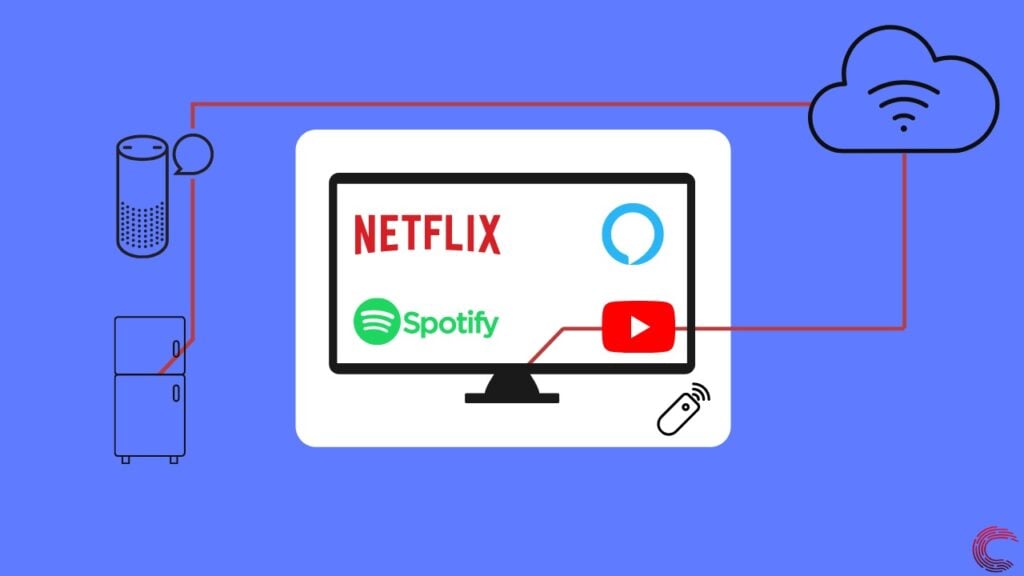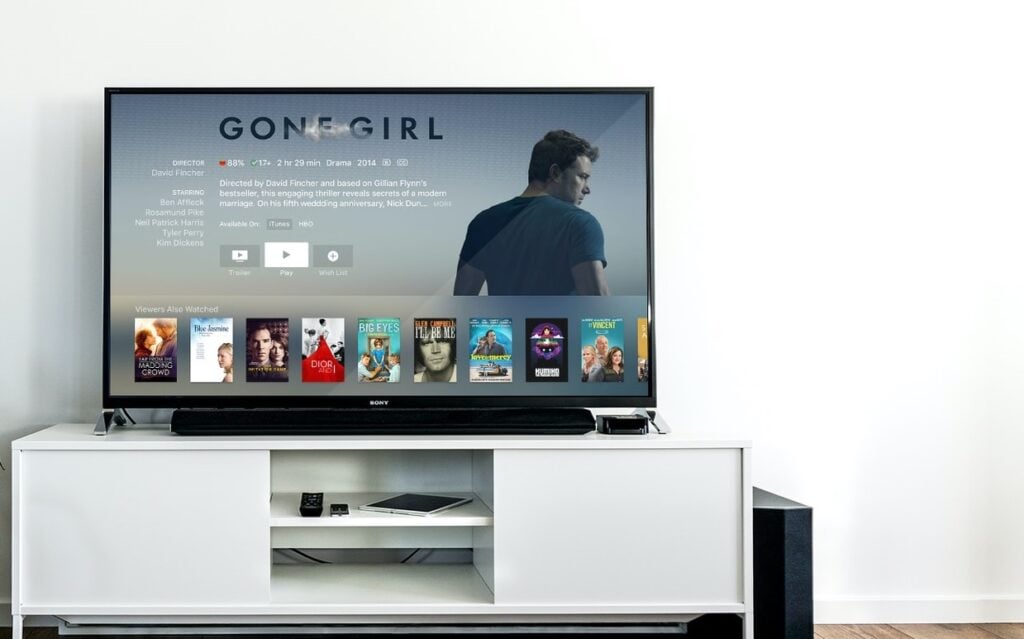The ‘smart’ tag is associated with almost every internet-enabled device that you see in the market these days — be it a speaker, light bulb, your phone too. In most cases this tag enables devices to communicate with one another over the Internet and sync according to personal preferences.
The television domain is no different, and most TV sets on the market have the smart tag as well. But what is a smart TV? And is it better than a streaming device — Firestick — attached to your old TV?
Well, if you are planning to get a TV and find yourself asking the same questions you have come to the right place. In this article, we will be talking about all there is to a smart TV to help you make an informed decision if you need one or not.
Also read: How much data do you need to stream movies and TV shows?
Decoding the Smart tag of a Television set
Unlike traditional TVs, a smart TV can connect to the Internet using an Ethernet cable or a WiFi connection. This connection to the Internet enables your TV to surf the Internet, which allows you to binge watch series from your favourite streaming service and even control your television using your voice. You can also mirror screens of devices on your Local Area Network if you are not happy with the constrained viewing experience.
If you have multiple smart devices on your premises, you can use your smart TV as the control centre for all your smart devices. Some smart TVs go a step further and come with features like motion detection and facial recognition to offer a more personalised and immersive experience

Looking at all the things your smart TV can do, you might be wondering how it all works under the hood? In the next section, we will be looking at how a smart TV connects you to the Internet
Also read: Google Chrome vs Firefox vs Samsung Internet: Which browser is best for Android?
How does a Smart TV work?
If you look at it, a smart TV is an amalgamation of a television set and a computer.
In most cases, a smart TV has a network interface card which enables your device to connect to the Internet by using an Ethernet cable or WiFi connection. It also has a CPU, memory and digital signal processors, which are responsible for processing the data they get from the Internet or the coaxial cable used by your cable provider.

Most smart TVs also come with remote controllers that have microphones embedded in them, enabling users to control their device with their voice. Far-field microphones are also making their way to smart TVs and can enable users to talk to their TV directly.
A smart TV also runs an operating system on the hardware. Some manufactures have their own TV operating systems, while others rely on the likes of Google and Amazon for an operating system. As a smart TV has its own operating system they are capable of running apps that can further enhance its features.
Below is a list of popular smart TV manufactures and the operating systems they use
| Brand | Operating System |
|---|---|
| Samsung | Tizen |
| LG | webOS |
| Sony | AndroidTV(Google) |
| Toshiba | FireOS(Amazon) |
Now that we have a grip over what a smart TV is and how it works, we can look at how it fares against a streaming device and if you need a smart TV after all?
Also read: How to connect a laptop with a broken screen to an external monitor?
Do you need a Smart TV?
If you are not happy with the viewing experience offered by your TV and are looking to upgrade, then getting a smart TV might be a good idea. If that is not the case, then it is better to get a streaming device and turn your relatively dumb TV into a smart one.

When it comes to performance, most people are under the impression that a smart TV offers better performance when compared to a steaming device which is not always the case.
A streaming device is built specifically for running streaming platforms it is optimised for doing only one task, whereas the hardware running smart TVs is designed with a more general-purpose approach. Due to this reason streaming devices can often offer better performance.
That said, every smart device you use sends data back to the manufacturer, and they could give it to the government. Therefore, a smart device might be making life easier, but it is also collecting data about how you use the device and the kind of preferences you have. So before you buy a smart device and become a part of an ecosystem, you should understand that with every added device the company that created the ecosystem can gather more information about you than it previously could.
Also read: What is the difference between SD, HD, 2k and 4k?






